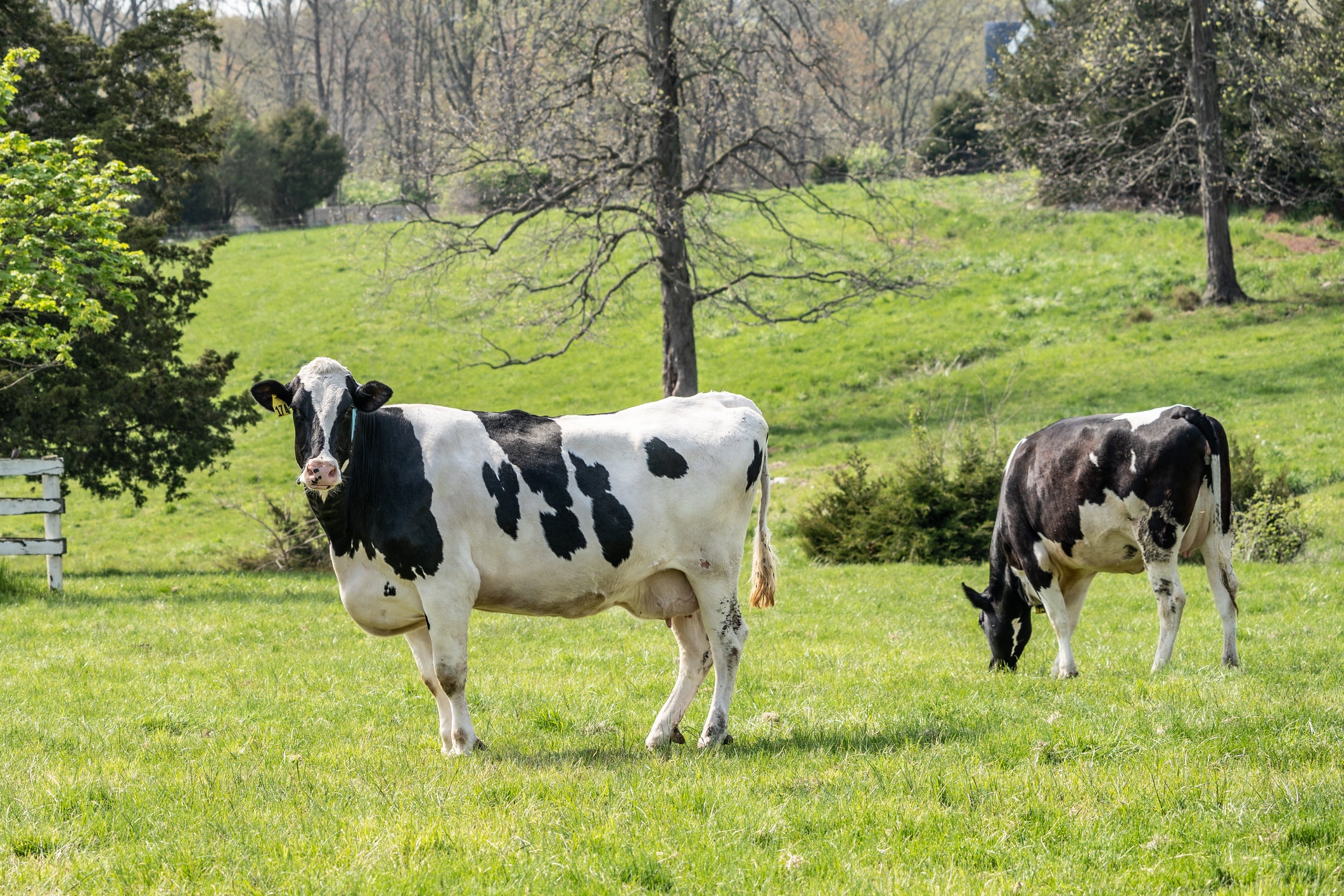How ‘alternative proteins’ can transform food and avert climate catastrophe
The simple act of feeding cows differently will reduce methane emissions very rapidly

As Western powers scramble to rework their energy mix following Russia’s invasion of Ukraine, there are unwelcome trade-offs between short term security and decarbonisation. By contrast, we can take faster and easier action on ensuring our food security while slowing the climate crisis.
This is where methane – the most damaging and quickest acting greenhouse gas – comes in. It is about 90 times worse than carbon dioxide over a ten-year timeframe. And since methane does almost all of the damage in its first decade after release, cutting it today will make a huge impact. As the IPCC said in its landmark report this week, we need laser-like focus.
Our research shows that we can get fast methane reductions by accelerating development of what are called ‘alternative proteins’, and immediate changes in menu options for both humans and livestock. The simple act of feeding cows differently and eating less meat and dairy will reduce methane emissions very rapidly, and can start tomorrow.
Emissions in agriculture and food are produced by animals who are not long for this world, whereas changes in energy and waste require entrenched and expensive infrastructure to be ripped out and replaced.
And it’s not all about going plant-based. Our research shows that transitioning from beef to chicken can reduce overall greenhouse gas emissions by a factor of 10, and cut methane out entirely. Choosing McNuggets over a quarter pounder is a surprisingly green decision.
Meanwhile, plant-based meat is moving fast into mainstream distribution channels, way beyond the original vegan/vegetarian niche. McPlants and plant-based Whoppers are widely available in many countries, and supermarkets are providing a growing number of plant-based meat and dishes at competitive prices.
Entrepreneurs and scientists are now hard at work growing meat and milk, brewing palm oil, fermenting fish oil, and producing protein flour – using electricity, bacteria and air. As the production cost of alternative proteins decline, key changes are expected in the ‘business-to-business’ sector. This means we will all soon eat less meat without even knowing it, in the same way we use renewable electricity without seeking it out.
To keep up to speed with all the latest opinions and comment, sign up to our free weekly Voices Dispatches newsletter by clicking here
We are about to see a global transformation in the agri-food system, as investment into this area goes up exponentially and production costs fall sharply. Alternative proteins could easily dominate the industry in a decade or so. Indeed, such a trend is essential to keep alive the 1.5C warming limit agreed in Paris and ratified in Glasgow last year.
As Europe struggles to adjust to a “new world’ in energy and food security, there are two races to watch. The first is between humanity and runaway climate change. It is only possible for us to win if we focus on methane in the short term as well as carbon dioxide in the long term.
The second race is between the world’s established agri-food companies and their disruptive competitors. Here, the market winner will be the company or technology which can cut methane fast without consumers noticing a significant difference in their diet. Game on.
Paul Gilding is a fellow of the University of Cambridge Institute for Sustainability Leadership (CISL)
He has co-authored “Methane, Markets and Food: How the Climate Emergency will drive an urgent focus on methane and what this means for the food and agricultural industries”.
Join our commenting forum
Join thought-provoking conversations, follow other Independent readers and see their replies
Comments
Bookmark popover
Removed from bookmarks